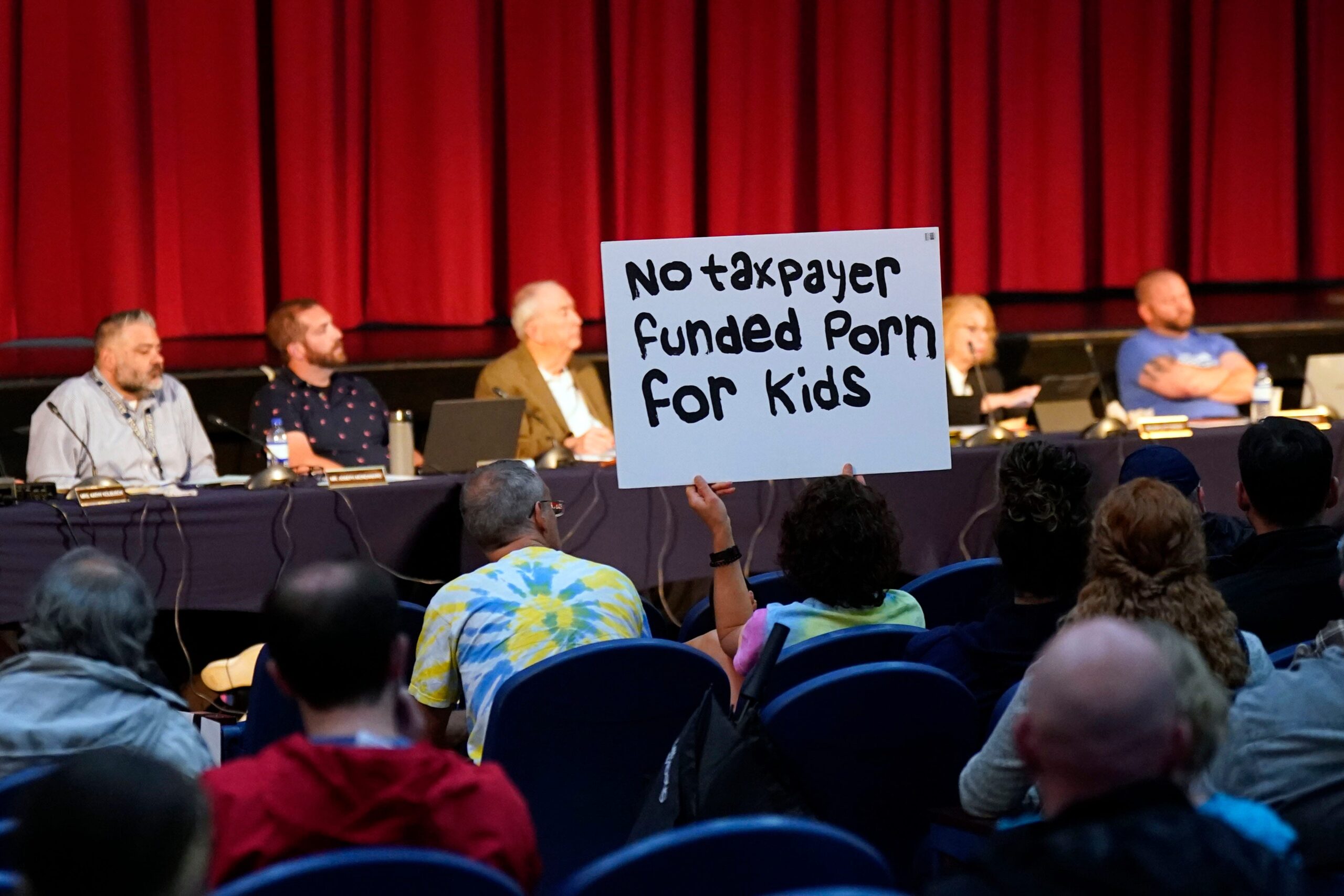

A Florida judge this week sided with the state in a challenge by the Florida teachers union over rules that restrict what books and materials are available in classrooms.
The union and two other advocacy groups sued the state in March, saying the way it interpreted a new law about school library books went further than the law intended, leading to censorship and book bans.
The 2022 law requires districts to catalog every book on school shelves and create a formal review process for complaints. Some parents have asked for certain books to be removed from schools because of the new law, and a number of lawsuits have emerged as a result.
Since early 2021, lawmakers in virtually every state have introduced hundreds of bills seeking to restrict learning and materials about controversial topics. Some of the legislation has focused on giving parents more access to and authority over curriculum. At the federal level, House Republicans earlier this year introduced a bill – the Curriculum Review of Teachings (CRT) Transparency Act – that would've required schools to post elementary and secondary school curricula on easily accessible websites.
'Shelves have been left barren':Florida teachers sue DeSantis' government over school library regulations
At issue: Books in classrooms vs. school libraries
The union and advocacy groups took issue with the state's expansive application of the law, which addresses materials contained in a "school library media center." The Florida Department of Education, they argued, improperly interpreted that to include collections in classrooms, not just those in campus libraries. The Florida Education Association said it had led to teachers covering up classroom bookshelves or emptying them out.
After the groups challenged the state education agency, the Florida Legislature adjusted state law to clarify what is considered a library media center, saying it means “any collection of books, ebooks, periodicals, or videos maintained and accessible on the site of a school, including in classrooms.” Republican Gov. Ron DeSantis signed the bill into law last month.
In his opinion, Florida Administrative Law Judge Darren Schwartz noted that state education department officials said “it would be illogical not to include classroom libraries within the definition of ‘library media center’ because it would be illogical to adopt a rule about safeguarding children from having access to inappropriate materials in one central location, yet have those inappropriate materials available to students in a classroom next door.”
“Read it and weep!" tweeted Florida Education Commissioner Manny Diaz Jr. "It’s sad to see the Florida teachers' union waste their members’ hard-earned money on a frivolous lawsuit to block parents from knowing what their children are reading in classrooms.
"Today’s ruling is a major win for Florida parents and classroom transparency,” the tweet continued.
In May, Florida's state board of education voted to require state officials to publish an annual list of library books and instructional materials that have drawn public objections.
Parents want more say in how schools runbut do emerging bills ignore the real crisis?
Florida teachers: Hundreds of books removed from schools over politics
The Florida Education Association said it remains committed to making sure kids have access to age- and content-appropriate books and will continue to defend teachers’ freedom to exercise professional judgment about literature available to their students.
“This ruling flies in the face of their education,” FEA President Andrew Spar said in response to Schwartz’s decision, adding that many books have been removed from classrooms, libraries and schools over the past year because of politics.
“These are books that benefit our students and that kids want to read,” he said. “Florida’s constitutional requirement that every child get a free, high-quality public education is diminished by rules that increase educators’ workload while denying students access to a diverse collection of books.”








